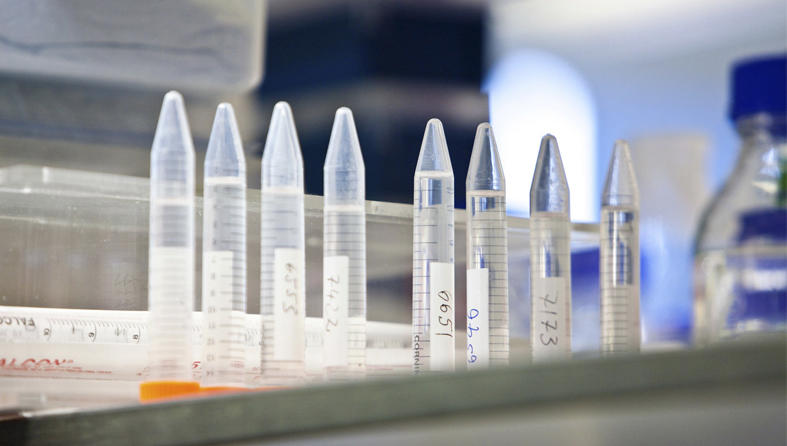Past research into lymphoma

120 years of life-saving discoveries
Our scientists have been at the forefront of cancer research since 1902.
Thanks to you, we’ve come so far. And we will go much further.
Together, we will beat cancer.
Our milestones
Our scientists have made vital contributions to finding new and better ways to treat, diagnose and prevent lymphoma. Below are a few of our most important discoveries.
1964 – Scientists we fund discover the first human cancer virus; Epstein-Barr virus (EBV). The virus is linked with certain types of lymphoma, and other cancers too (for example cancers that start in the upper throat). Our researchers are now finding out if vaccines boosting an immune response against the virus could help treat these types of cancer.
2013 – We use genetic profiling to show how follicular lymphoma develops and progresses from a manageable disease into an aggressive cancer, revealing targets for new treatments.
1978 – Our scientists help revolutionise the treatment of Hodgkin lymphoma, playing a key role in the development of combination chemotherapy that dramatically boosted survival in children and young adults with the disease.
1993 – We show that using antibiotics to get rid of a bacterium called H. pylori can effectively treat a rare type of stomach lymphoma that’s slow-growing and at an early stage, sparing some patients from harsher treatments.
2000 – We support early clinical trials of rituximab, a drug that has made a big difference to survival for people with certain types of lymphoma.
2008 – We funded large clinical trials that helped improve survival and reduce side effects of chemotherapy for children and young people with different types of lymphoma.


